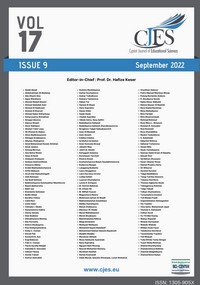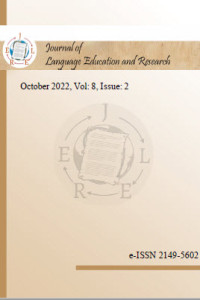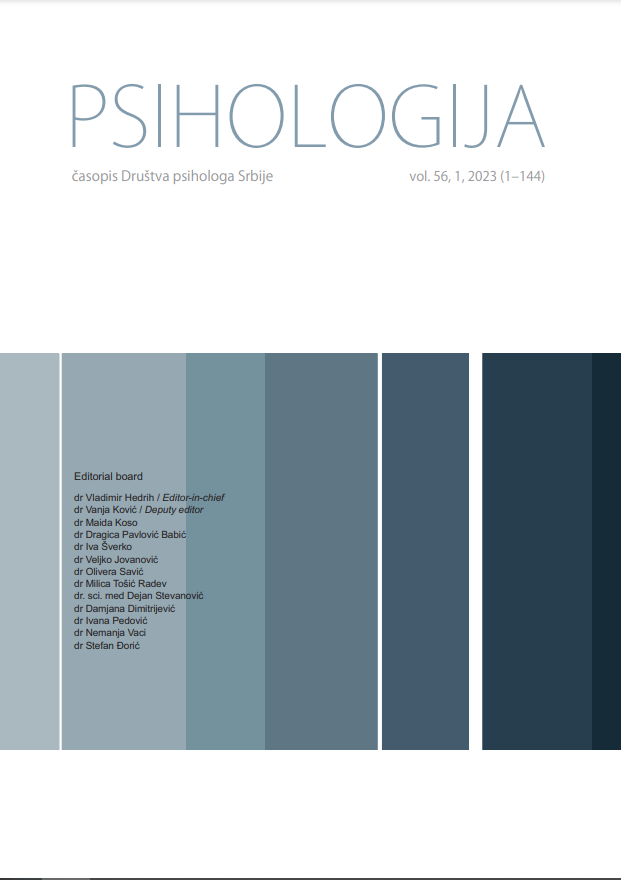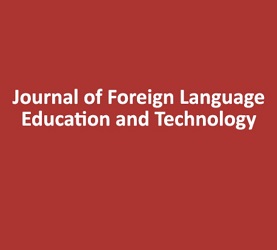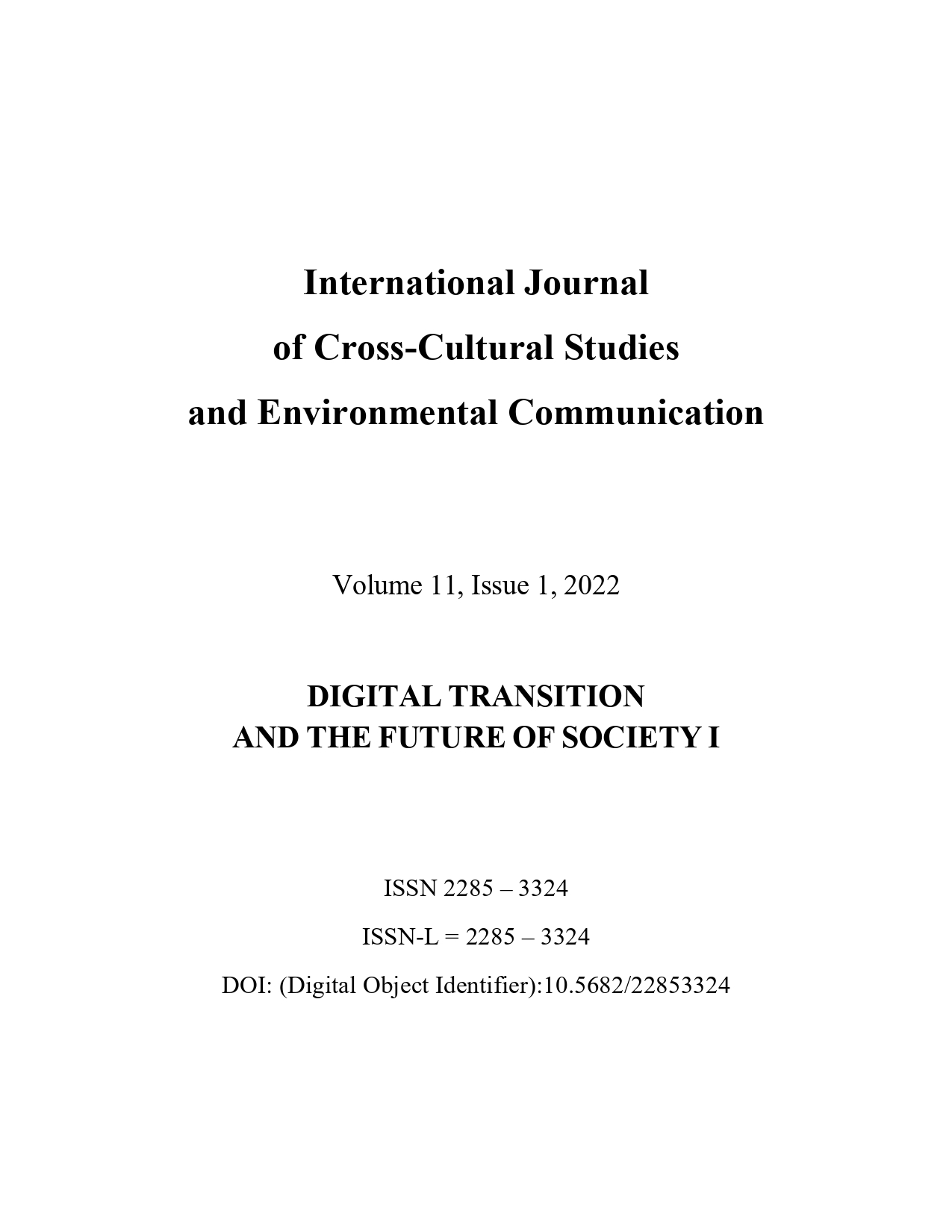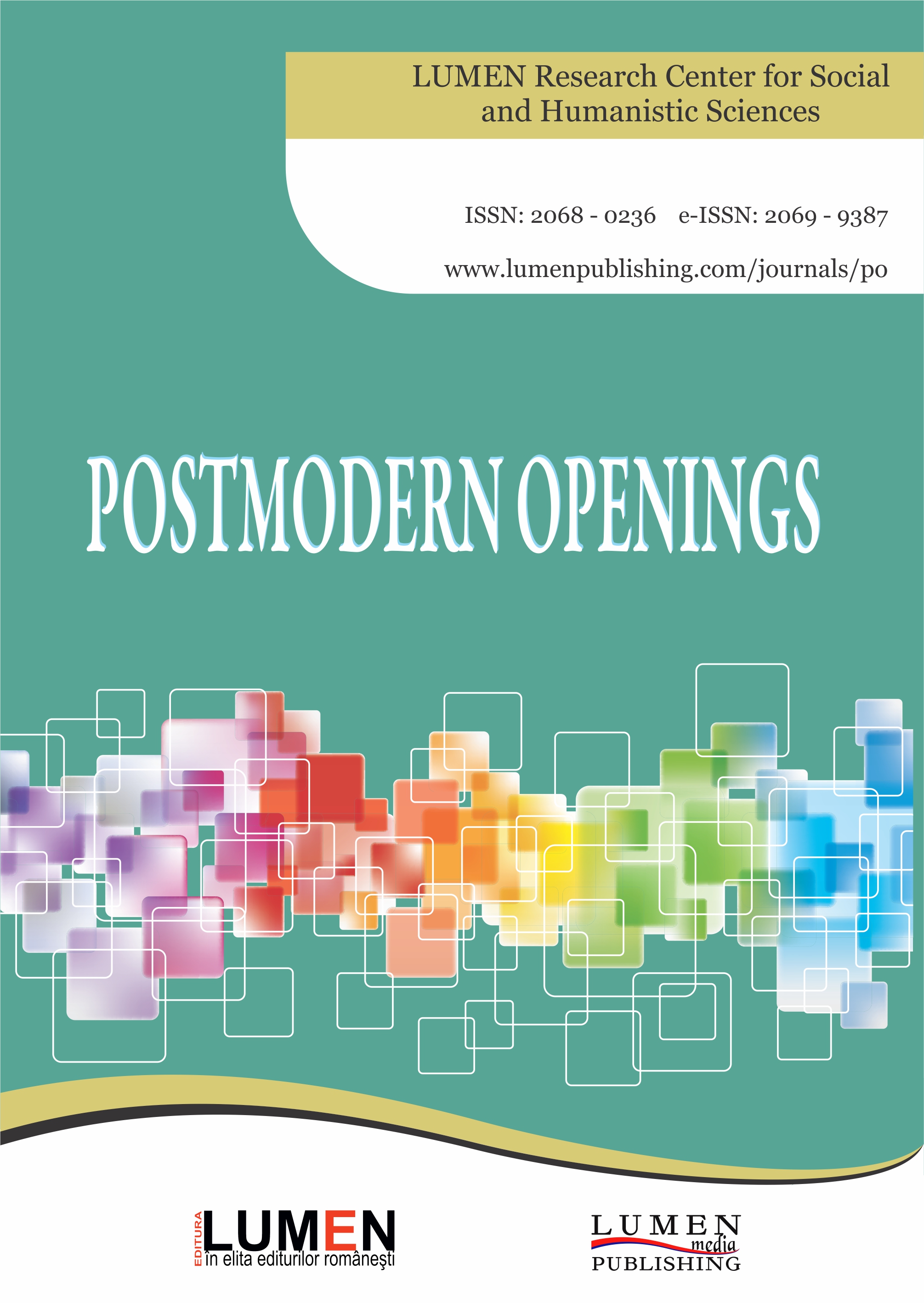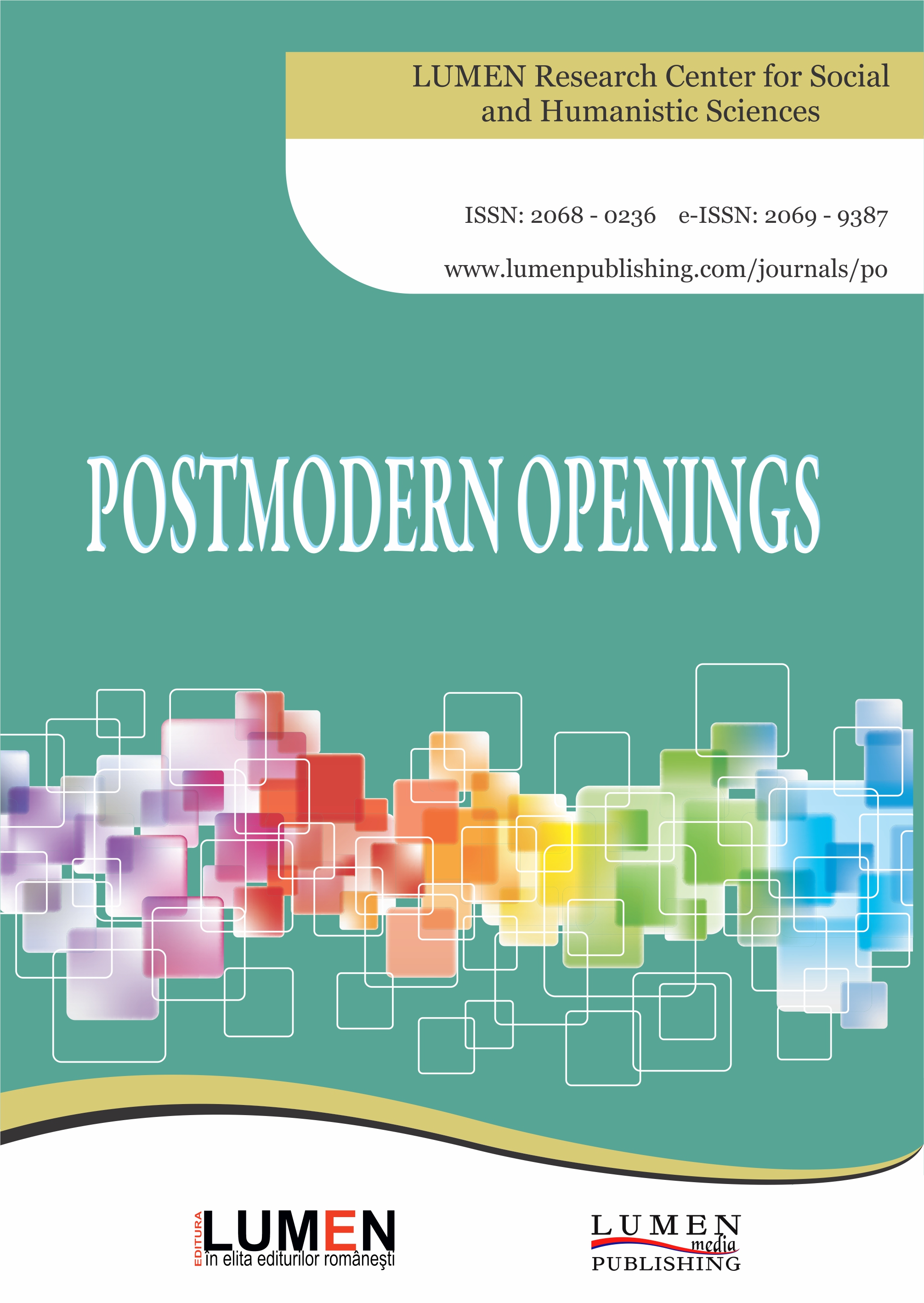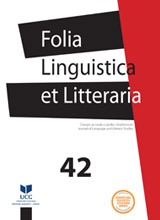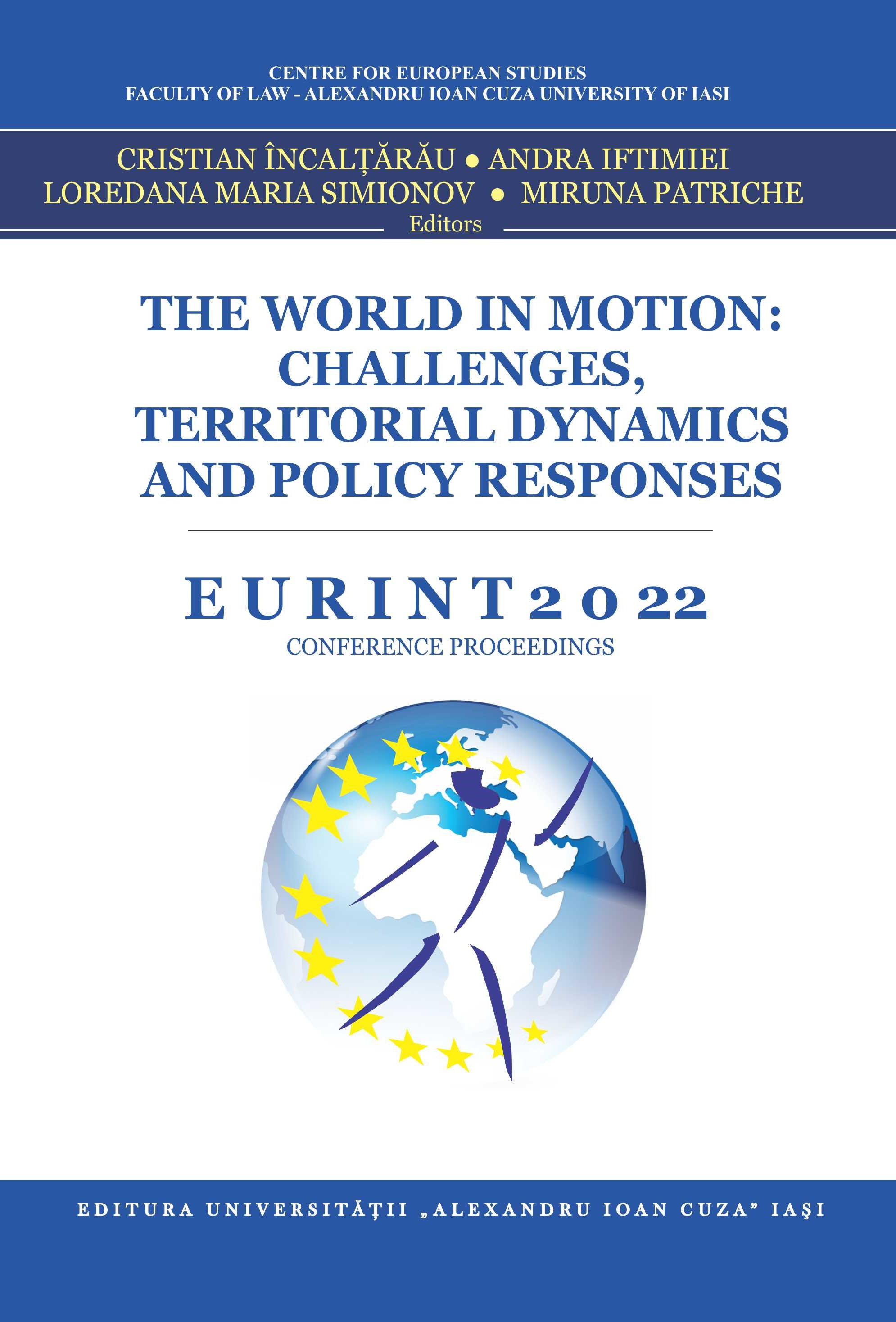Author(s): Danka Stojaković / Language(s): Serbian
Issue: 42/2022
The common framework for languages has set two primary goals for foreign language teaching to achieve: multilingualism and learner autonomy. Teachers are accountable for the development of learner autonomy, through the micro-planning of teaching, and each of us reading from experience has come to the conclusion that the learner autonomy cannot exist without motivation (and vice versa). The aspect of motivation plays the most important role in the acquisition of language skills, but as it is highly subjective, it is very hard to “tame” it methodologically. That problem is particularly challenging in the teaching of language for specific purposes: on the one hand, these are adult learners who by the nature of things are consciously motivated, although often extrinsically; on the other hand, this is not the main subject which they have chosen to study which can often negatively impact their motivation. Due to this, motivating students has always been like walking a tight rope between a “carrot and stick” approach (especially if we consider the common means of evaluation from one side of the spectrum to another of the extrinsically motivated learning). The aim of this paper was to study the degree to which switching to classes in a digital environment, impacted by the pandemic, influenced learner motivation. This paper is based on empirical research via a questionnaire sent to students at university faculties where German for Specific Purposes is taught. The intention was to embrace two aspects of this problem: whether the switching to classes in a digital environment had a positive or a negative impact on the motivation and whether the impact (if there was one) lead in any way to the internalisation of the motivation. In the summary of the paper is the attempted systematization of the aspects of the digital teaching from our practices, which presented accordingly through the empirical research, show that the aspects can be beneficial for the improvement of motivation in a digital environment. In the introduction, we discussed the reasons for researching the impact of teaching in the digital environment on the motivation of the learners of a foreign language for specific purposes. The switching of teaching of foreign languages for specific purposes at non-main university faculties from auditorium and amphitheatre settings to a digital environment, imposed by the pandemic, was a challenge for both teachers as well as students. Regarding motivation in itself, we can say that this was an additional challenge. This aspect of learning is one of the most important for acquiring skills and at the same time, something that is difficult in terms of methodical acquisition. This was always problematic in teaching of a foreign language in non-main university faculties. On the one hand, these are adult learners, who by the nature of things, should have a developed motivation towards their learning. On the other hand, this is a subject which they have not chosen to study, rather it is a subject included in the course (studienbegleitender Sprachunterricht in German). This is the reason why the motivation of the students of a foreign language for specific purposes at non-main faculties is mostly extrinsic. Additionally, our work on motivation resembles an attempt to mediatebetween a “carrot and stick” approach and is especially determined by the traditional method of evaluation. The aim of the research presented in this paper is to see if the switching to teaching in a digital environment had an impact in any way on the motivation of the learners of a foreign language for a specific purpose, and if there was an impact, whether it was positive or negative. We were also interested in whether there were factors in teaching in a digital environment that could internalize the learning activates determined by external factors, or extrinsic factors, and possibly lead to models of intrinsic motivation. This framework requires a matching structure. In the first part of the paper, we briefly present the relationship between learner autonomy, which was set as one of the most important goals for the teaching of foreign languages by the Common European Framework of Reference for Languages, and motivation. Later on, we focus on motivation on its own, and the difference between extrinsic and intrinsic motivation. In this part, we summarize a list of theories of motivation found in the literature which are particularly relevant to our research and the results of some other related research. The results of this summary, as well as personal experiences regarding online teaching led us to the hypothesis that the transition to learning in an online environment generally led to a decrease in student motivation, but that the situation with adult learners can be modified so that the teaching in an online environment, in some situations, can have a positive impact on motivation. Thus, the main part of the study represents empirical research in the form of a Google questionnaire, followed by a discussion of the results, the connection of the results with the hypothesis and the presentation of the results which support motivation, and which can be used as guidelines in the development of future teaching in a digital environment. As previously mentioned, every study of motivation offers a broad spectrum of interpretations on this subject, starting with the older behavioural approaches and leading to modern interpretations which are based on a cognitive approach. In our study, we have oriented our approach on interpretating motivation based on the theory of self-determination. In accordance with this interpretation, our activities, if they are selfdetermined, fulfill three basic needs of every person: 1) the need for autonomy, 2) the need for social connectedness, 3) the need for competence. For that reason, and with the goal of studying how the motivation of students in a digital environment and how to potentailly direct their motivation towards internalized motivation, the ideal goal, the questionnaire was developed so that the results support these three basic needs. According to the research results, we come to a conclusion as to what degree the teaching in a digital environment fulfills the need for learning autonomy. The teaching has positive impacts on external autonomy factors, including the fact that there is more freedom regarding the place and time of the classes and that the teaching does not have to be delivered at a university faculty, which are mostly considered as positive. However, one of the most important factors in learner autonomy, the impact on the curriculum, remained almost completely unchanged. There are some positive improvements regarding competence, including independent learning, the use of diverse media, and the positive impact of its use in the acquisition of skills, and the engagement in the process of teaching, leading to the conclusion that online teaching did not have a generally negative impact on the outcomes of the teaching. The lower level of concentration has a mostly negative impact on this aspect. Regarding the third element, social connectedness, the results are much better than expected, or, rather, they are not as negative as we expected. In relation to the research on motivation in relation to in-person teaching, the quality and the importance of the feedback from the teacher remained unchanged. There are some encouraging responses that in the online teaching there is a need and opportunity for greater communication with colleagues. However, since the vast majority of the respondents answered that one of the benefits of online teaching is the fact that you can attend a class with the microphone and/or camera off, the extent of that realistic communication is questionable. Indeed, this question would make an interesting research topic. By way of conclusion, a set of questions regarding the motivation of the learners in the online teaching intended to wrap up the previous three areas. It is encouraging to see that one of the results shows the need of the majority of students to return to the course materials even after the classes. The responses about the results of the online teaching are also encouraging. A number of students said that the online teaching has numverous benefits. However, some students stated that they have a problem with concentration and focussing on the lesson in an online context. Moreover, we must not disregard the views of those respondents who said the online teaching offered no benefits. They had specific objections related to the technical side of online teaching, to the lack of direct and live contact with the teacher, the lack of concentration, and the very distinct opinion that the online teaching creates “social dumbness.” Following on from our summary of the empirical research we raised the question as to what extent these results might be methodologically relevant to teaching practice and what the actual benefits of online teaching are that can be applied after a possible transition to in-person teaching. According to the requirements of the Common Framework of Reference for Languages, one of the primary goals of the foreign language teaching is learner autonomy. Exploring the ways we as teachers can influence the development of learner autonomy, it appeared that learner autonomy was undoubtedly very closely connected with motivation. However, the conclusion that preceded differ from author to author, meaning that the prevailing opinion was that autonomy preceded motivation and that an autonomous learner is at the same time, almost automatically, more motivated. However, other research has shown that this is in fact a dynamic, and a non-linear, process that can move in both directions. The aspect of motivation plays the most important role in the acquisition of the language skills, but since it is highly subjective, its methodical acquisition is not at all a simple task. This problem is particularly challenging in the teaching of a language for specific purposes. On the one hand, these are adult learners, who by the nature of things are consciously motivated (although often extrinsically), and on the other hand, this is a subject that they have not chosen to study which can often negatively impact their motivation. In summary, the aim of this paper was to examine how the transition to online teaching, imposed by the pandemic, influenced the motivation of students. The research was formulated according to the interpretation of motivation on the basis of the self-determination theory, which considers intrinsic motivation to be an ideal form of motivation. In relation to this interpretation of motivation, our activities, if we wanted them to be self determined and intrinsically motivated, should fulfill the requirements for the autonomy, competence, and social connectedness. As we mentioned above, intrinsic motivation is an ideal aim. However, in our daily practice of conventional teaching we often come to the conclusion that the aim is essentially unreachable. We should not underestimate extrinsic motivation (especially because of the complete extrinsic model of the evaluation of skills). We are supposed to try to find strategies and approaches for the internalisation of motivation and to shift the motivation from being extrinsically to being intrinsically imposed. After testing the aspects, which if fulfilled can show the level of motivation, especially the intrinsically motivated activities as the feeling of autonomy, social connectedness and competence, we came to the following conclusions. Regarding the first aspect, the feeling of autonomy in the online teaching, the results of the questionnaire showed that there is the feeling of the high level of autonomy regarding the external factors. For example, the time and place for attending classes. However, the main factors, for example, the possible impact on the course material, remained unchanged as before. Regarding competence, some of the aspects of online teaching also led to positive improvements. As expected, most of the objections were related to the aspect of social connectedness. In summary, we can conclude that the majority of students responded that the online teaching has its advantages and that they also went back to the course material independently. This could be a sign for us of the possible internalisation of motivation for attending online classes. We, teachers, can explore and use the techniques and strategies we regard as most effective for the fulfilment of the goal in practice. In that case, we should work particularly on the development of techniques and strategies that evidently increase the sense of learner autonomy, especially as related to intrinsic factors, such as for example, the improvement of learner autonomy in creating of the course material. Finally, the motivating experiences in online teaching, such as, for instance, the use and access of diverse media, might remain as one of the rare positive outcomes of the pandemic and something we can continue to use if and when we return to conventional classroom teaching.
More...


